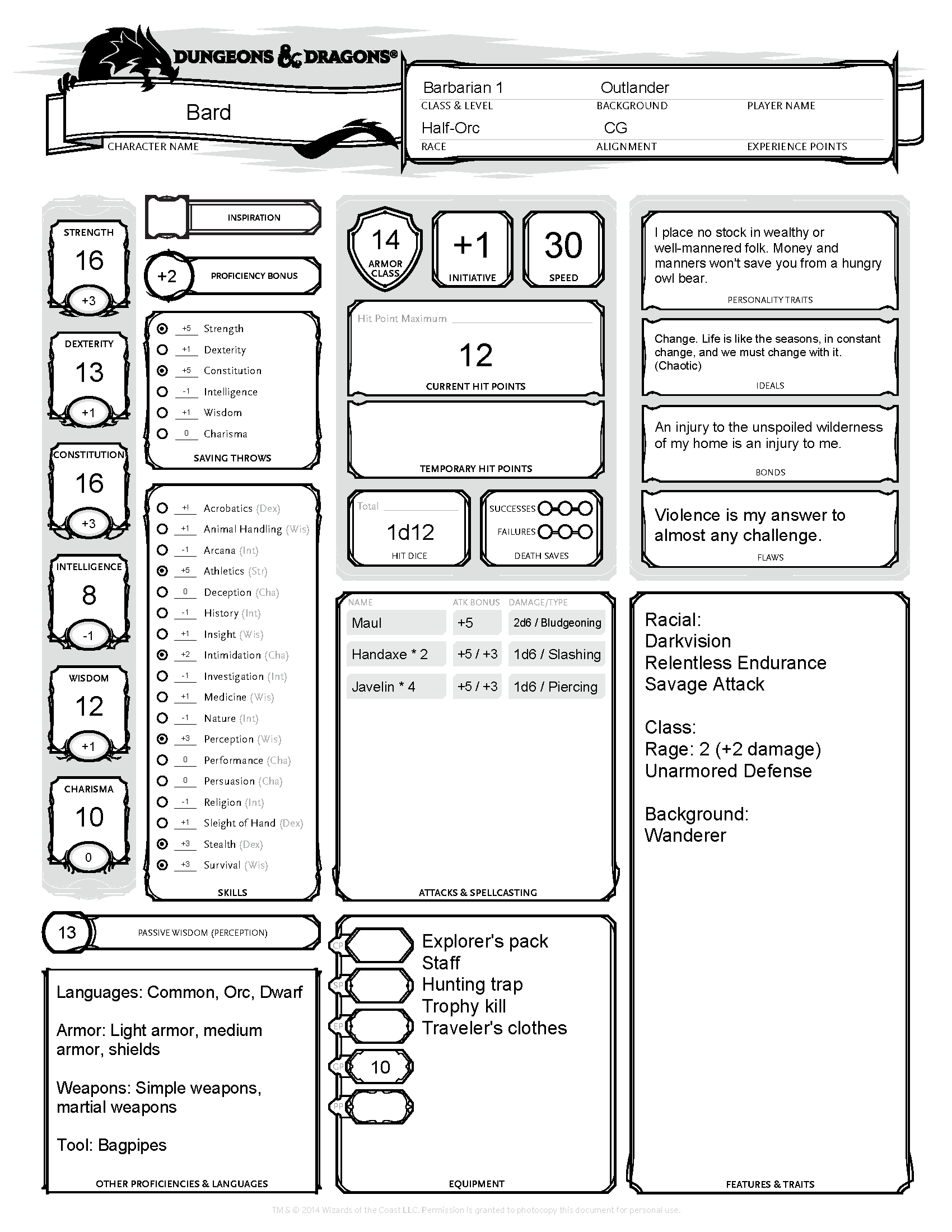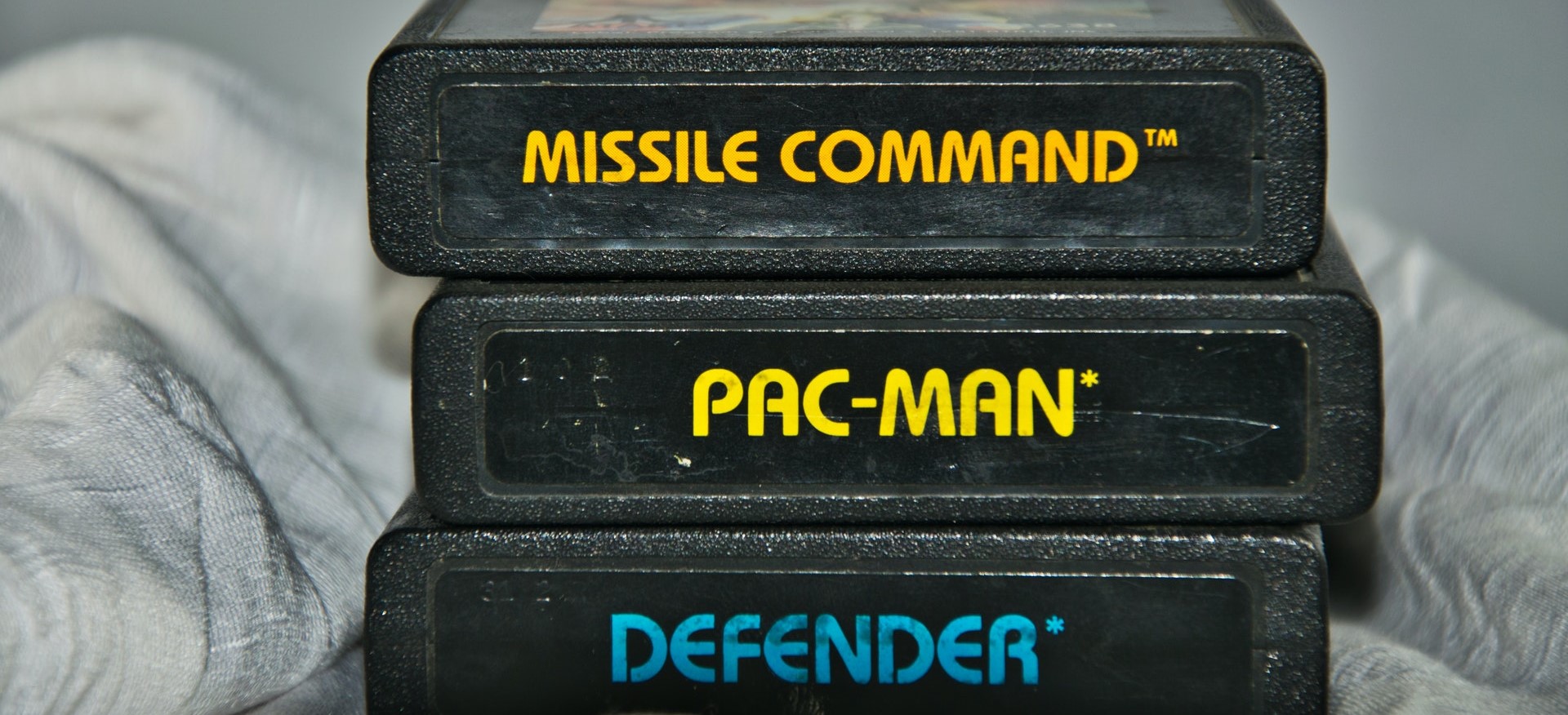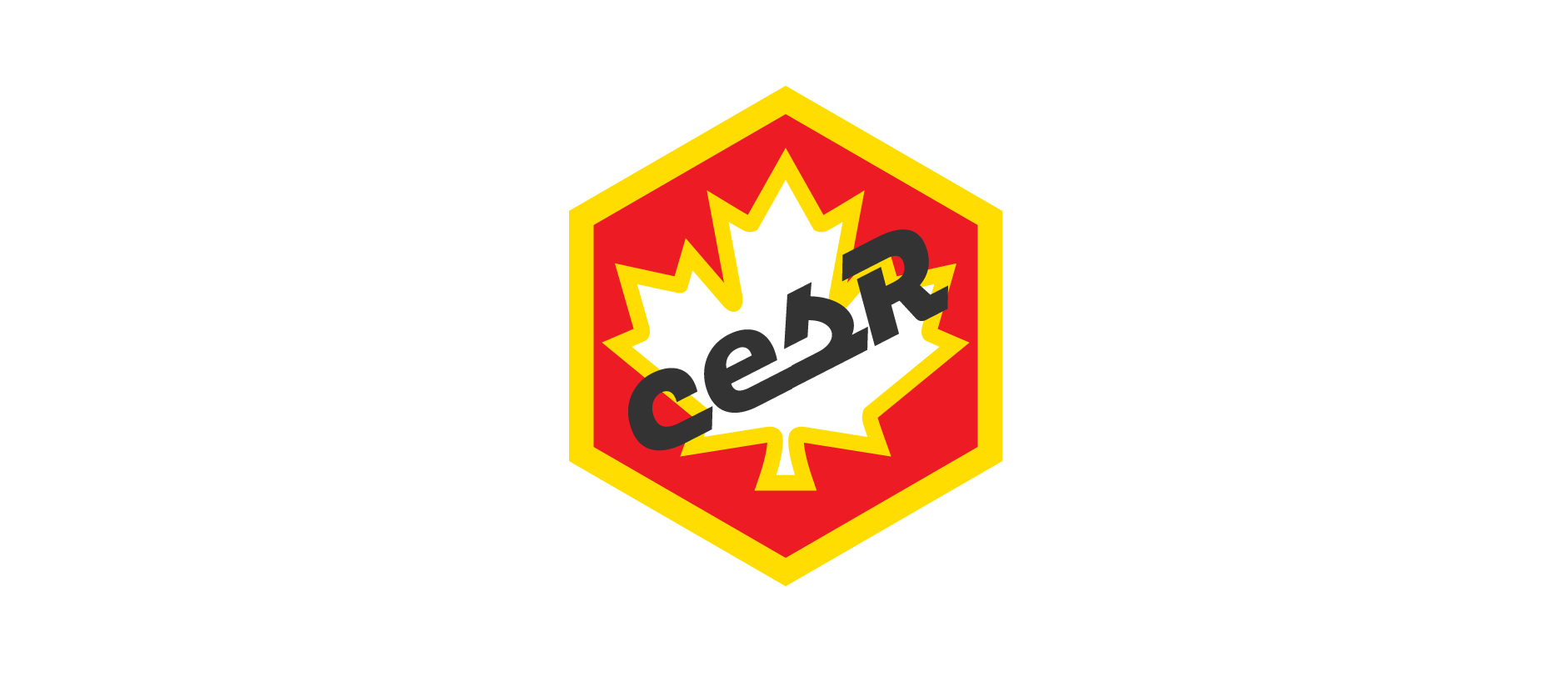*Photo by Kevin Bidwell from Pexels*
I was recently able to get a bit of a break from things and took that time to engage in some good ol' fashioned playing of the video games. Namely, Skyrim and Mass Effect: Andromeda. If I play any of the original ME trilogy I have to play the whole trilogy, which I’m planning on doing when the legendary edition releases this May. But, that is beside the point.
While going through my most recent play through of these games, I thought on how advancements in computing have influenced modern game designs, and how I would like to upgrade my computer to be able to handle any future games I might hopefully enjoy. This also led me to think of the recent struggles my desktop has had in handling some large datasets, which in turn led me to think about how the advancements in computing have also allowed for an increased ability to collect and analyse data. And, what this means when data collection and analysis are applied towards downtime activities and play.
I truly care about play. In almost everything I do I try to find some component of play. But, for whatever reason, play is often labelled as a thing for children. However, we, as a society, have also applied a cultural importance to formally organized play. One need only look at Canadians and our obsession with hockey for an example of this. Indeed, growing up I was sold on the notion that one of the most important moments of the Cold War was Paul Henderson’s goal that won the ‘72 Summit Series. Moreover, not only have we applied a cultural importance to play, but we have also established an industry of play through sports, video games, and board games. Individually each valued in the billions.
Additionally, play itself is not exempt to statistics or the growth of data collection and analysis. Indeed, statistics and sports have not been strangers for a long time (the baseball box score was created in 1858-59), and improvements in computing now have teams looking for individuals with skills in advanced analytics and machine learning.
The same can be said of statistics in relation to video games and board games. An example being the score rankings on arcade games, on which it was a time honoured tradition to make up silly, and sometimes rude, three letter initials. And, in the realm of board games one need only look at min-maxing to see how statistical analysis can be applied to tabletop RPGs.

An example of a min-maxed first level Bard the Half-Orc barbarian build based on the barbarian build guide by Owlbear Justin. This is an example of one of the arguments existing in the world of D&D regarding damage die. Namely, is it better to use 2d6 or 1d12? Plenty of people have crunched the numbers and there are arguments for either side. Here, I've chosen 2d6. The argument being that you will have a higher base level damage. The argument for 1d12 can be boiled down to across a distirbutin of roles you would have a higher average damage output with 1d12 over 2d6. Even the world of tabletop games is permeated by statistics.
But what is the ethical nature in collecting data and applying statistical analysis to play? Some argue that it ruins the game or nature of play. That the focus on and application of analytics is against the core elements of the game. Others may argue that the application of analysis only reveals underlying aspects of the game and that the use of analytics only further provides a competitive edge.
In some cases it may be said that the application of analysis allows for fairer gameplay. For instance, John McDonald and the data science team at Valve used deep learning methods to identify and combat cheating in Counter-Strike: Global Offensive. In doing so, Valve ensured, or at least attempted to ensure, that the playing field for those who can participate is somewhat level. That no one is granted an advantage outside the designated means of gaining one. By this I mean an advantage such as having the time and ability to play and practice in the first place. But, an attempt to at least ensure that no one’s enjoyment of the game is lessened can be seen in Valve’s actions. Or, stated differently, that no one’s ability to compete is diminished. This point of ensuring improved, fair, or equatable competition is important.
As a fan of baseball I will never pass up a chance to discuss the sport, and in terms of sports analytics baseball is seen as the paragon of the field. Moneyball is often credited with popularizing the use of analytics in sports. Originally published in 2003 with the film released in 2011, techniques and methods have greatly improved since. Going beyond the use of on-base percentage, concepts such as spin rate and launch angle are credited to the use of analytics. And, in some cases the application of these concepts have provided a mid-career renaissance for a player. For example, the turnaround in the career of Justin Turner, who plays third base for the L.A. Dodgers, is often credited to launch angle analysis. This type of analysis can be seen as improving a player’s, and subsequently a team’s, ability to compete or play.

Launch angle as plotted against exit velocity. Top plot shows estimated batting average. Bottom plot shows estimated weighted on base average (wOBA), which weights the value of a hit depending on how many runs it creates. The key difference between the two plots is in the circled area. Between the two plots this area stays generally the same, suggesting that hits in this area tend to be the most weighted. Or, in other words, home runs. Such plots allow coaches and players to understand what contributes to the most productive hits and adjust to produce in that area.
However, in a recording that was made public around the 21st of February, Kevin Mather, the now former president and CEO of the Seattle Mariners, discussed along with some racist views the use of analytics in the manipulation of labour and service time. That effectively, the application of analytics was more important to the bottom-line than it was to competing. In doing so players’ and the team’s ability to compete was diminished.
So, what is the ethical nature in applying analysis to play? There are many other examples beyond what I’ve mentioned here. For instance, educational, or serious, games are often the subject of academic analysis. These types of games leave greater questions beyond competition and play to issues of metrics of learning, student privacy, the use of facial recognition technology, and educational policies. However, in what I have quickly discussed here, it appears that there is something in the application of analytics that should be to improve the quality of play and competition. That the use of analytics should be used to improve an individual’s or team’s ability to play or compete. Indeed, the use of analytics as presented in Moneyball has often been praised as providing less financially viable teams an ability to compete with more financially sound teams. Indeed, the subtitle of the book is ‘The Art of Winning an Unfair Game’. Effectively, what was being done was an attempt to level the playing field just as the Valve data science team looked to do in using deep learning to prevent cheating. However, this analysis can equally be used to manipulate labour and contract rates as seen in the comments from Kevin Mather. Executive offices are provided a tool used to assess players to which the players themselves may not have access. Is the application of analytics something that levels the playing field or is it something that creates an unfair game is a question that must be considered within the context of which it is asked. Is it something that is disagreed upon because it changes the way a game is played, or is it a disagreeable endeavour because it disadvantages others? I think these are questions and concerns that are not inherent to the application of analytics to play and games, and are things to be considered throughout the field of data and analytics.
References
Adler, L. (2021, February 24). Gerrit Cole’s comments on MLB’s labor tensions are a useful preview for next winter. The Athletic. https://theathletic.com/2407642/2021/02/24/gerrit-cole-yankees/
Brock, C. (2021, February, 21). Mariners exec Kevin Mather faces criticism after blistering comments on team. The Athletic. https://theathletic.com/2402098/2021/02/21/seattle-mariners-kevin-mather-comments/
CBC Sports. (2014, February 20). Women’s hockey final recap: Canada 3 United States 2 (OT) | Sochi 2014 [Video]. YouTube. https://www.youtube.com/watch?v=sabsEbK8Kn0
CBC Sports. (2014, February 23). Inside team Canada’s Golden Goal from Vancouver 2010 [Video]. YouTube. https://www.youtube.com/watch?v=L_Qci1yLOzQ
Dobrilova, T. (2020, December 16). How much is the gamming industry worth in 2020? [+22 powerful stats]. techjury. https://techjury.net/blog/gaming-industry-worth/
Forbes. (2020). The business of football list. https://www.forbes.com/nfl-valuations/list/#tab:overall
Goodreads. (n.d.). Moneyball: The art of winning an unfair game. https://www.goodreads.com/book/show/1301.Moneyball?from_search=true&from_srp=true&qid=mIJa1vm6aE&rank=1
Heritage Hockey. (2009, December 18). Paul Henderson’s ‘72 Summit Series winning goal [Video]. YouTube. https://www.youtube.com/watch?v=lMf2fAXPS1Q
RPG Stack Exchange [KorvinStarmast]. (2015, July 15). What does “minmax” mean? [Online forum post]. https://rpg.stackexchange.com/questions/64800/what-does-minmax-mean
Mass Effect. (2021, February 2). Mass Effect Legendary Edition official reveal trailer (4K) [Video]. YouTube. https://www.youtube.com/watch?v=n8i53TtQ6IQ&feature=emb_title
McDonald, J. [max4warn]. (2018, March 18). GDC 2018: John McDonald (Valve) - Using Deep Learning to combat cheating in CSGO [Video]. YouTube. https://www.youtube.com/watch?v=ObhK8lUfIlc
Pesca, M. (2009, July 30). The man who made baseball’s box score a hit. NPR. https://www.npr.org/templates/story/story.php?storyId=106891539
PR Newswire. (2018, December 11). Board games market - Global outlook and forecast 2018-2013. https://www.prnewswire.com/news-releases/board-games-market---global-outlook-and-forecast-2018-2023-300763553.html
Rowley, M. (2020, December 21). Job postings: Blue Jays baseball research analyst & systems engineer. Fangraphs. https://blogs.fangraphs.com/instagraphs/job-postings-blue-jays-baseball-research-analyst-systems-engineer/
Verducci, T. (2018, March 21). Countdown to liftoff: How Joey Gallo and Josh Donaldson embody baseball’s new era. Sports Illustrated. https://www.si.com/mlb/2018/03/21/evolution-swing-home-run-opening-day


